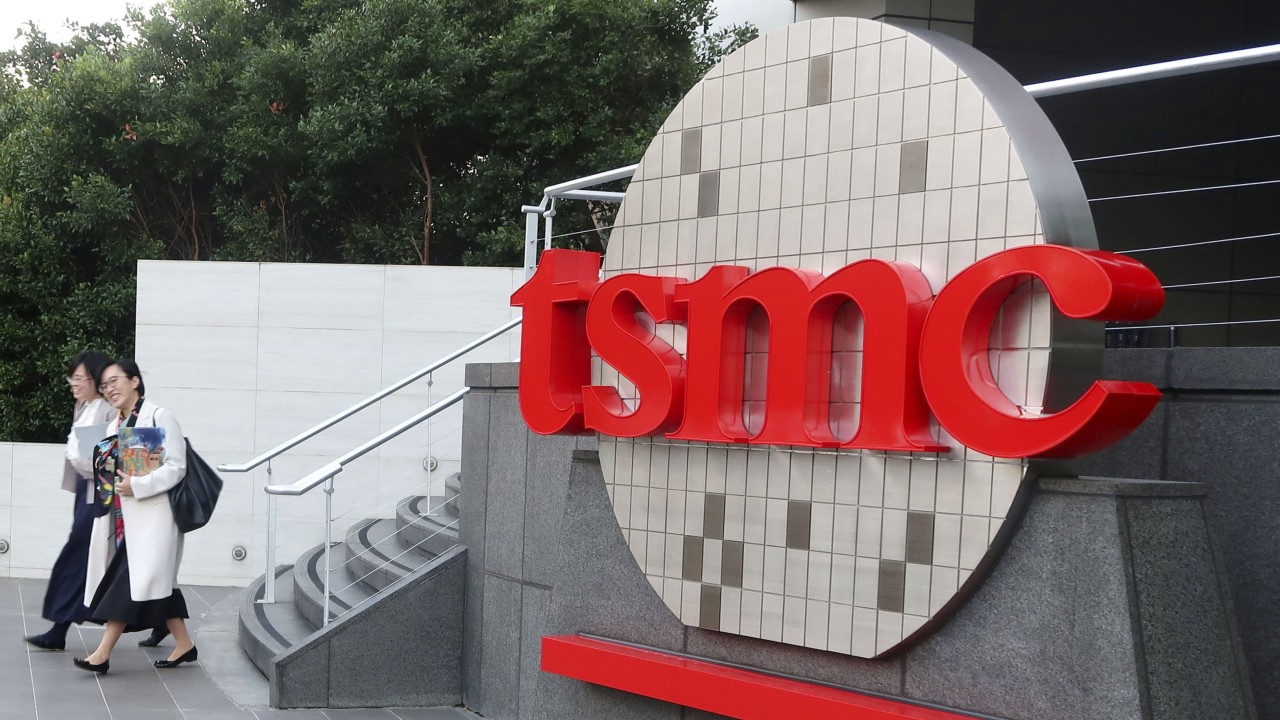
29 Feb TSMC promotes two veterans to share COO role as world’s largest contract chipmaker readies succession plan

Taiwan Semiconductor Manufacturing Company (TSMC) has promoted two senior executives to share chief operating officer responsibilities, heralding a new generation of leaders at the world’s largest contract chipmaker.
The chip firm’s board on Thursday approved the appointment of Y.J. Mii and Y.P. Chyn as executive vice presidents and co-chief operating officers, according to a statement.
Mii joined TSMC three decades ago, while Chyn has been with the firm since its founding in 1987. Both company veterans will report directly to Chief Executive Officer C.C. Wei, taking up their new duties from March 1.
Why Samsung, TSMC are keeping cutting-edge chip production at home
Why Samsung, TSMC are keeping cutting-edge chip production at home
The last time the Taiwanese chipmaker had co-COOs was about a decade ago, with the roles filled by Wei, Chairman Mark Liu and Chiang Shang-yi. Liu plans to retire at the end of June, with Wei expected to take over the chair role alongside his CEO responsibilities.
Mii is presently senior vice-president of research and development at TSMC, steering its advances in the critical race toward more advanced chipmaking against rivals like South Korea’s Samsung Electronics. He has a doctoral degree in electrical engineering from UCLA and 34 patents globally, according to TSMC’s website. He worked at the IBM Research Centre before joining TSMC.
Chyn serves as SVP of operations and has a master’s degree in electrical engineering from Taiwan’s National Cheng Kung University.
In connection with the two new appointments, TSMC’s SVP of Europe & Asia sales, Cliff Hou, will become Chyn’s deputy, while business development SVP Kevin Zhang will serve as Mii’s deputy, the company said in a separate emailed statement.
TSMC said in January it expects a return to solid growth this quarter and gave itself room to raise capital spending this year, suggesting the world’s most valuable chip maker anticipates a recovery in smartphone and computing demand.
The main semiconductor supplier to Apple and Nvidia projected revenue growth of at least 8 per cent to US$18.8 billion in the March quarter, versus expectations for around US$18.2 billion. It is also budgeting capital expenditure of US$28 billion to US$32 billion, potentially up from US$30 billion in 2023.
The Taiwanese company’s outlook, while not quite surpassing the most bullish estimates, came after a long slump in tech demand.
